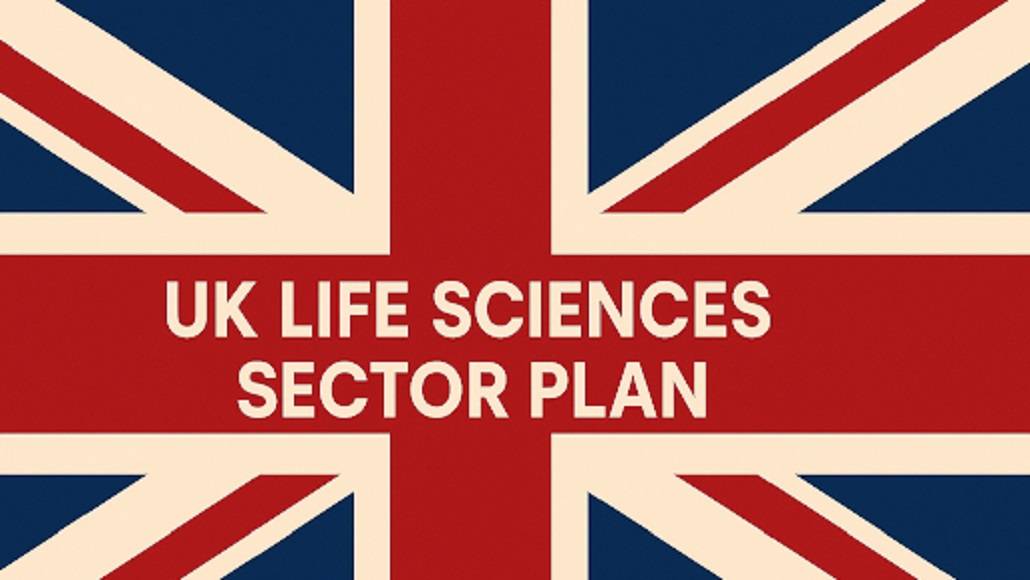How the UK Life Sciences Sector Plan Reduces Regulatory Barriers for Healthcare Startups
The UK’s new Life Sciences Sector Plan, launched in July 2025, lays out a comprehensive roadmap to make regulation faster, clearer, and more innovation-friendly for healthcare startups. Here’s how the plan specifically addresses regulatory hurdles:
Streamlined Regulatory Approvals

- Faster Risk-Proportionate Approvals
- The Medicines and Healthcare products Regulatory Agency (MHRA) is set to become a more agile, responsive regulator with increased funding to reduce regulatory costs and approval times by 25%.
- Startups will benefit from quicker, predictable timelines for obtaining licenses for new products, including medicines, medical devices, and digital health tools.
- Parallel Approvals and Integrated Advice
- Closer coordination between the MHRA and the National Institute for Health and Care Excellence (NICE) will allow for joint advice and parallel approvals. This is expected to reduce the time to market by three to six months for new treatments and technologies.
- Reformed Medical Devices Regulation
- Introduction of an innovation-friendly pathway for UK Conformity Assessment (UKCA) certification, making it easier for startups to get medical devices to market.
- A new framework for AI-driven and software-based medical technologies will be published in 2026, ensuring regulatory processes keep pace with digital innovation.
“Innovator Passport” and Rules-Based Pathway for MedTech
- Innovator Passport
- A new NHS “Innovator Passport” will be rolled out to provide startups with a streamlined, clear route for getting medtech products trialed and adopted by the NHS, reducing duplication in local purchasing decisions and speeding national adoption.
- Rules-Based Pathway (RBP)
- The RBP will allow proven medical technologies that address unmet clinical needs to fast-track procurement and gain accelerated commercial support in the NHS.
Simplifying Market Entry and Access
- International Reliance Routes
- Startups with products already approved by international regulators (such as in the US or EU) will have an easier process to secure UK approvals, reducing unnecessary duplication and delays.
- Lower Friction Procurement
- The plan introduces “low-friction” purchasing pathways, cutting bureaucracy and offering a single national formulary for medicines and clear processes for medtech, so startups don’t face multiple, inconsistent NHS requirements across regions.
Other Measures Supporting Startups
- Standardized Clinical Trial Contracts
- Startup companies benefit from standard contracts and the target to reduce commercial clinical trial setup time to fewer than 150 days by March 2026.
- Support for IP-Rich SMEs
- The establishment of a new working group to address regulatory and non-regulatory barriers to lending for startups rich in intellectual property aims to boost access to finance.
- Active Partnerships
- Direct support services are planned for 10–20 high-potential UK life sciences startups each year, helping them navigate regulation, commercialise, and scale.
Summary Table: Regulatory Reforms Benefiting Startups
| Reform Area | Startup Benefit |
| Faster MHRA/NICE approvals | Quicker and more predictable product licensing and access to NHS markets |
| Innovator Passport & RBP | Streamlined NHS adoption and procurement pathways for medtech |
| International Reliance Routes | Lower duplication for globally approved products |
| Standardized contracts | Reduced clinical trial bureaucratic delays |
| New frameworks for AI/software | Clear, updated guidance for digital health and AI innovation |
| Direct startup support services | Hands-on regulatory and scale-up assistance |
By cutting regulatory red tape, providing clear and quicker pathways to market, and supporting startups with direct services and funding, the UK Life Sciences Sector Plan aims to transform the innovation landscape for healthcare startups—making it easier, faster, and more attractive to develop and commercialise healthcare solutions in the UK.


















